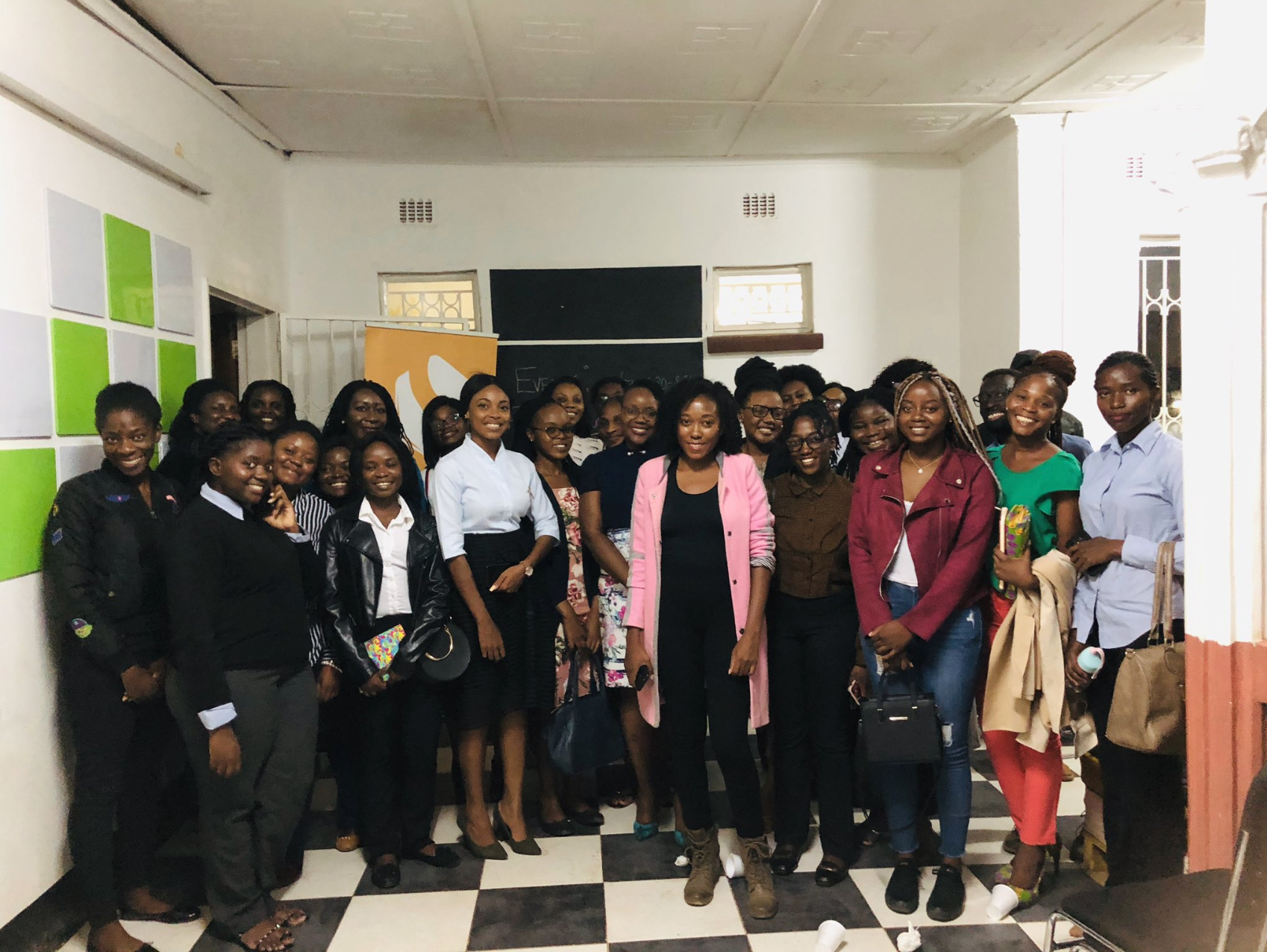
[Blog] – It’s a warm Tuesday evening in Lusaka, and the Minister of Health has just announced that all schools will close from Friday to combat the spread of Covid-19. So I am pleasantly surprised that more than 30 women attended a “Female Financial Dialogue” panel at the BongoHive offices in Lusaka.
This conversation is important, and not just for women but for everyone. In the US, women now own over 50% of investable assets, and these are figures every economy should aspire to. The more people who are actively participating in and benefitting from the global economy, the stronger it will become. Women are also more likely to invest in female-led businesses, and again, while this is desirable for financial inclusion and equality, it’s benefits are far wider-reaching and go beyond gender, nationality and race, by bringing more money and participants to the economy who have different skills, habits, aspirations and needs.
So when the floor was opened up to the women of Lusaka who had made the commitment to engage and educate themselves with this dialogue, I was surprised that the main topics of discussion essentially focused on credit and debt. Many of these women wanted to discuss their budgeting and expenditure, and how to get this under control, but it also extended as far as women wanting to know how to get access to capital for their businesses.
Lyapa Mpempulwa Mbewe, a Financial Adviser and Managing Partners at Uscentify Inc, tackled the importance of budgeting and saving and finding some financial discipline to distinguish between what you want right now, for example, five handbags or new hair, and what you want in your future. Prudence Muchinouta, CFO at Community Markets for Conservation, expanded on this, focusing on the importance of understanding your current financial situation and considering your stage in life and what you want to achieve. She asked the audience “what are you moving towards, what are you making your money for?”
Both Lyapa and Prudence told me the value of being able to enjoy their success and this discipline later on in life, thinking about their children and grandchildren benefitting from their hard work and believing in a legacy beyond the latest trends. And that is what many of these women seem to be struggling with. While they have good jobs and enviable wages, the spending culture is a debt trap that led much of the audience to feel their expenditure always exceeds their income.
Lyapa was delightfully direct – “Is it a want or is it a need?”
The message from both these women was clear – especially if you’re in debt, you have to be ruthless and live within your means. If you’re not prepared to do that and make sacrifices, no amount of financial literacy will help you. Which is a shame, because what comes after that, the possibilities of saving, investing, and building a future are not only really exciting but likely to be able to buy you a lot more than clothes and handbags if you just have the patience to let them grow. And what I, and I would hope most of the attendees, took away is that financial goals should not be separate from anything else you want in your life, and actually should be their basis as the means by which to deliver them.
This point was clear as Prudence and Lyapa tackled questions from women wanting to take out loans to support their businesses. The willingness to take on debt I thought was surprising and Lyapa made the point that these loans aren’t free money but come with hefty interest rates and that you need to consider your real capacity before taking one out – “don’t just start a business because your neighbour is if you don’t think it’s sustainable”. Businesses should be seen as more of an investment than a source of income for any entrepreneur, especially in the early days. Lyapa and Prudence agreed that there is currently a mindset towards living off credit rather than building up your own capital, and this is what Finimize, the hosts of the event want to address.
“You only have to start small, but incremental saving can make such a difference to your future” Prudence explained. You can do this as a student or a professional if you just put aside a small amount each month, and this is a much better way of “making your money work for you”.
My favourite moment of the evening, was when Lyapa exhorted our attendees to embrace the changing times, to be independent women financially as well as socially. “You shouldn’t expect to just rely on your children when you’re older: do you want to be a burden and teach them to expect someone else to look after them? Is that what you have worked for and want them to work for?”
While this dialogue has so much further to go, I was so heartened to see how many women were eager to understand and ask questions. Our MC for the evening, Musole Kambinda, had opened by commenting that understanding your finances puts you in a position of control, and Lyapa and Prudence represented the best examples of this. Finimize will be running a series of events intended to educate and empower women with financial literacy and I look forward to seeing how this dialogue evolves. But the main point I, and I hope the other attendees took away from this event was that the key to any kind of financial success is to know yourself – needs and wants, good and bad – and understand the important role your finances will always play in these on every level.
written by Elizabeth Harford
 BongoHive
BongoHive